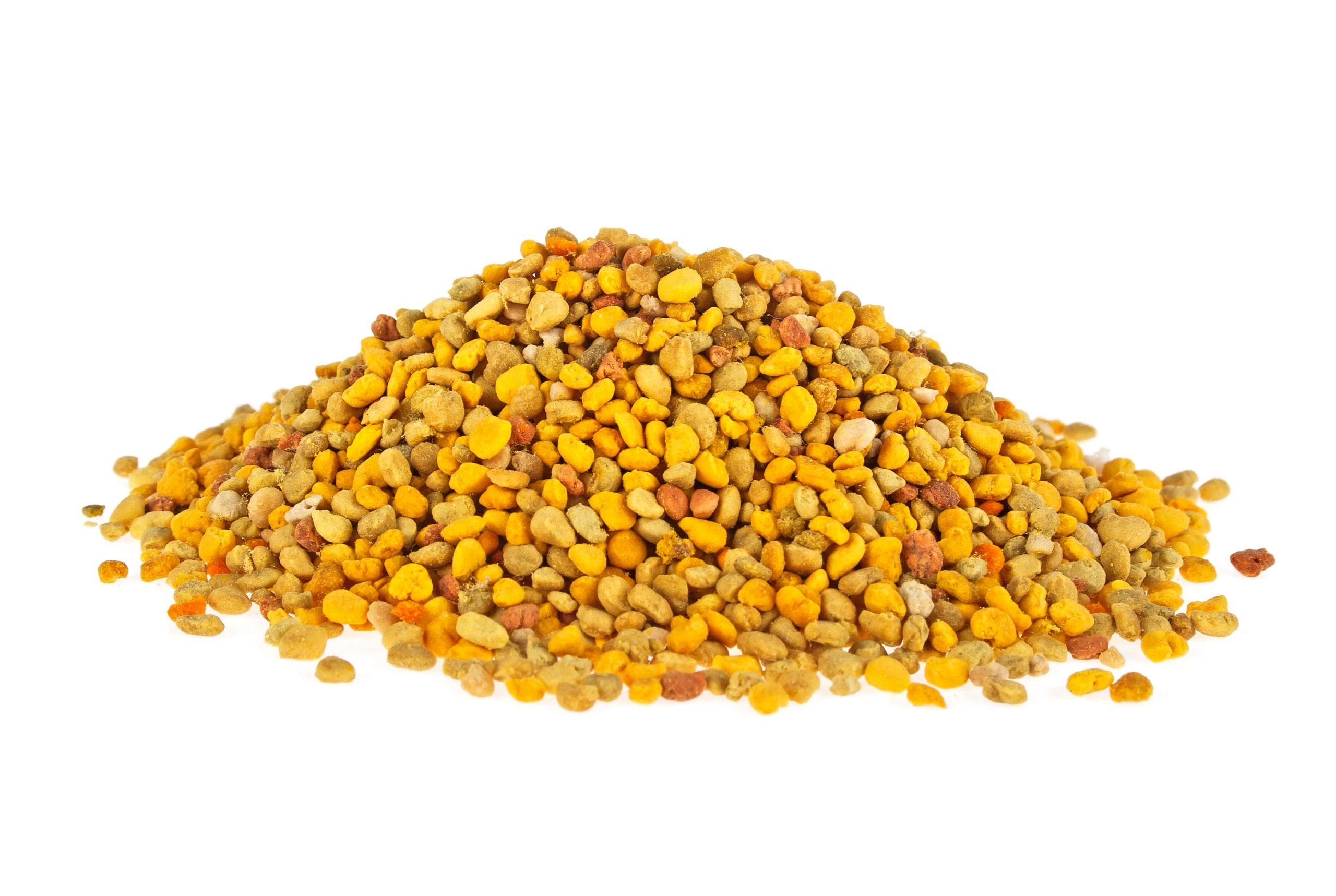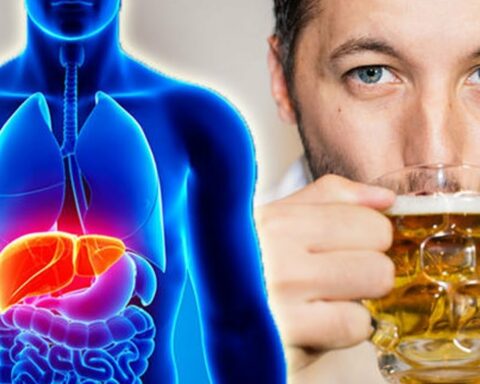Like any other animal, bees also eat, and their nutritional food is pollen they collect from flowers. Bee pollen combines honey, wax, enzymes, bee secretions, and pollen from flowers.
While bee pollen may have amazing health benefits to humans, harvesting it may put the livelihood of bees in a critical situation and even dissolve the entire bee colony. Ranging from having anti-inflammatory and antimicrobial properties to having beneficial nutrients, bee pollen has swept the nation. Bee pollen is so rich that it contains over two hundred and fifty active ingredients, lipids, amino acids, and vitamins. In Germany, for instance, the Federal Ministry of Health consider pollen bee as a medicine. It is worth noting that the constant harvesting of pollen bees may kill the colony.
What is Bee Pollen?
Bee pollen is usually collected from different flowers by the foraging honey bee. When this pollen has been brought to the beehive, the entire colony feeds on it. It provides the bees with proteins, fats, and minerals. Majorly, bee pollen contains wax, nectar, honey, enzymes, and other compounds. The quality and composition of bee pollen may be affected by the ingredients the bees collected and the type of plant they visited. Bee pollen has a characteristic black or dark brown to yellowish-orange granules.
This amazing superfood can be taken in various ways, such as eating it directly, adding it to yogurt, cereals, or salad. It can be taken as a supplement as well. However, individuals who are sensitive to bee stings or flower pollen and its products should avoid bee pollen.
Health Benefits of Bee Pollen
With its rich nutritive profile, bee pollen has numerous health benefits. Here are some of them:
Rich in Beneficial Nutrients
Bee pollen has a great nutritional profile. As mentioned earlier, there are about 250 substances in their active form in bee pollen. Some of these include fatty acids, minerals, carbs, proteins, vitamins, antioxidants, and enzymes. Generally, bee pollen granules are primarily made up of 40% carbs, 35% proteins, up to 10% water, 5% fat, 5-15% of antibiotics, vitamins, antioxidants, and minerals. Keep in mind that the nutritional value and quality of the bee pollen greatly depends on the type of plant the bees collected pollen from.
High Content of Antioxidant
Antioxidants are compounds that interfere with the action of free radicals in the cells. During metabolism, your cells produce free radicals – unstable and harmful molecules that lead to oxidative stress when they accumulate in the body. Ultimately, oxidative stress leads to chronic inflammation, cancer, type 2 diabetes, and other chronic diseases.
Bee pollen also contains powerful antioxidants such as flavonoids, glutathione, quercetin, carotenoids, and kaempferol. These antioxidants protect the body against damages caused by free radicals. Additionally, antioxidants in bee pollen may help inhibit the growth of cancer cells, fight infections, lower inflammation, and exterminate bad bacteria.
Reduce the Risk of Heart Disease
The Center for Disease Control and Prevention (CDC) states that heart disease is the leading cause of global fatalities. Dietary and lifestyle modifications and regular exercise may help reduce the risk of this disease. Heart disease is mostly associated with high levels of lipids, triglycerides, and cholesterol in the blood. Fortunately, these risk factors may be lowered with bee pollen. For instance, bee pollen may effectively reduce the levels of “bad” low-density lipoprotein cholesterol in the blood as well as total cholesterol levels. Additionally, bee pollen may also help prevent the oxidation of lipids. Oxidation of lipids increases the risk of heart disease by clumping and clogging the blood vessels.
Improves the Functionality of Liver
The liver is the second biggest organ in your body after the skin. It is so essential that without it, toxins would accumulate in your body and kill you. In simple words, the liver breaks down and eliminates toxic substances from the body in a process called detoxification. Bee pollen may improve the detoxification abilities of the liver. Disease and excess toxins may compromise the elimination of toxins. Therefore, bee pollen may help eliminate malondialdehyde from the blood and improve the antioxidant abilities of the liver. It is worth noting that these claims have only been proven on animals; therefore, more human studies need to be carried out.
May Prevent Inflammation
Bee pollen has anti-inflammatory properties, and from ancient times, it has been used to manage inflammation and swelling. Researchers indicate that it could reduce the swelling of paws in rats by up to 75%. The efficacy and potency of bee pollen are effective similar to some nonsteroidal anti-inflammatory drugs (NSAIDs) like naproxen, indomethacin, phenylbutazone, and analgin. The anti-inflammatory properties of bee pollen are attributed to several compounds like quercetin and other antioxidants. These compounds can lower inflammatory mediators like arachidonic acid, among other omega-6 fatty acids.
May Fight Infection
Many infections are due to the invasion and multiplication of harmful bacteria, especially when immunity is low. Bee pollen may bolster your immunity and keep at bay illnesses. It has also been shown to help lessen the severity of allergies. Researchers believe that bee pollen may manage allergies by reducing the activation of mast cells. Additionally, bee pollen may fight and kill bacteria such as P. aeruginosa, E. coli, and Salmonella.
May Promote Wound Healing
Open wound and delayed healing may compromise your immunity and increase your risk of infections. Bee pollen may shorten the healing window of a wound, courtesy of its anti-inflammatory and antioxidant properties. What’s more, the antibacterial properties of bee pollen may also ward off infections. Infections impede the healing process of wounds.
May Prevent Cancer
Cancer is an abnormal proliferation of cells. Interestingly, bee pollen may prevent the growth and spread of cancer cells, courtesy of its anticancer properties. Likewise, the extracts of bee pollen may also stimulate apoptosis which is programmed cell death.
Conclusion
Many people consider bee pollen a superfood. It is highly nutritious and has several benefits for human health. Bee pollen contains antioxidants and has antimicrobial, anti-inflammatory, antiviral, and anticancer properties. Keeping this in mind, bee pollen may prevent cancer, fight infections, and reduce chronic inflammations.
- How the Pec Deck Works Your Chest - April 19, 2024
- Homemade Eye Drops: Risks, Benefits, and More - April 19, 2024
- SMART TOOTHPICKS COMPANY - July 29, 2023









